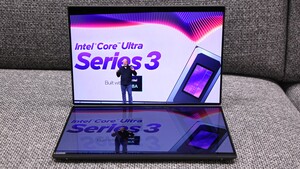Hi, I posted while back about building a low power PC. I did get some parts together and I got some good results with an i5-13600k in terms of low power at idle. (I will make a separate post about my setup and power savings later.) My problem is that I seem to be having a possible compatibility issue between my ram and motherboard. I currently have a gigabyte b660m (and b760m) gaming x ax, which is very good in terms of power usage and it has decent VRMs and no extra bullshit features that would use extra power. I got this board because this forum basically said "b series boards will take less power" but I wanted to explore that idea. Why is it that b-series boards take less power? (Is it just because default bios settings tend to be more conservative?) If I get a z-series board with features similar to the board I have now, could I turn down the bios settings and have it use the same amount of power as a b-series board?
Thank
you!
Thank
you!
Zuletzt bearbeitet:



